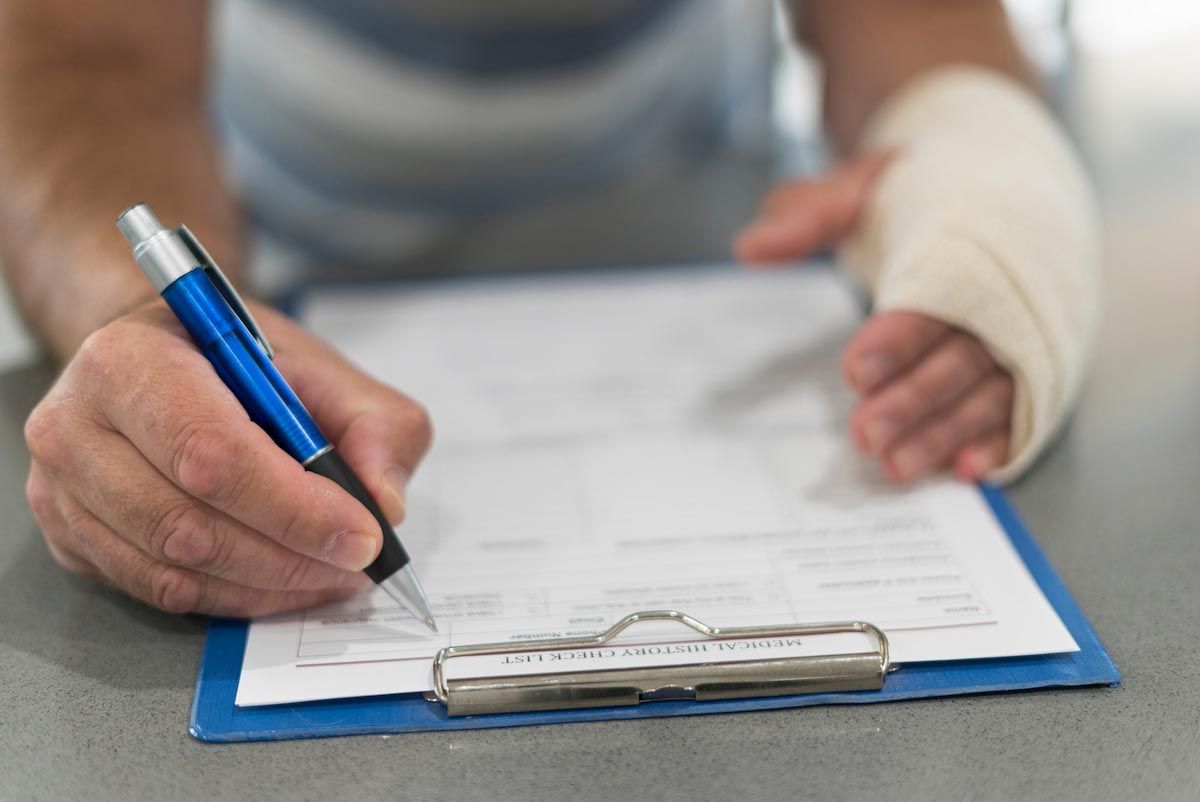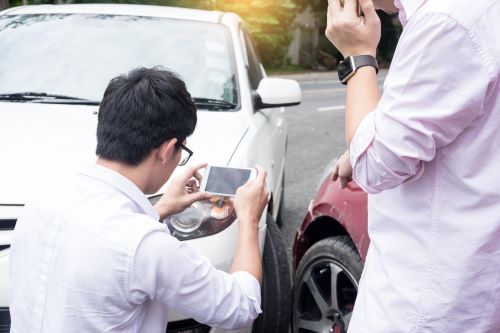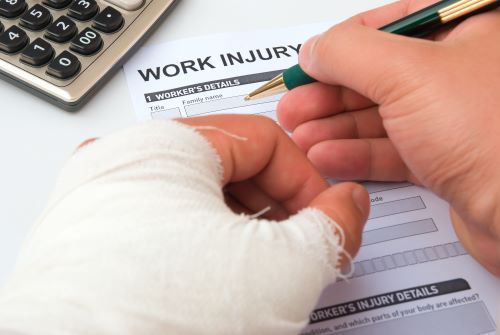How Do I Negotiate a Personal Injury Settlement With an Insurance Company?
When you’ve been injured in a car crash or accident, you are entitled to financial compensation to cover your losses. In order to receive that, you will need to negotiate a settlement with an insurance company. You shouldn’t have to take that on alone, especially when you already have recovery to focus on. Thankfully, having an attorney in your corner will be a huge advantage.
Read on below to find out more about how an attorney can help with negotiating a personal injury settlement:
What Is the First Step Toward Negotiating a Personal Injury Settlement?
Before filing a claim, you should gather as much information about the accident as possible. There should be some important details within the accident report, and you’ll want to confirm that the date, location, and time are all correct.
You’ll also need to have information about the other parties, including the driver who was at fault. Most significant is their insurance information, as that’s where you’ll file your claim. You should also gather the contact information of witnesses and anyone else involved.
As for yourself, make sure to include details and evidence of the injuries you sustained in the accident. This can include medical bills and photos, but make sure these are copies; you should keep the originals for yourself.
How Do I Start Trying to Receive a Personal Injury Settlement?
To get the ball rolling, you would file a claim with the insurance company. If you want to receive the highest settlement possible, you should have an attorney at this point. They’ll take care of filing a claim on your behalf.
A personal injury attorney will make sure your demand letter is written to be as convincing as possible. This letter will state your requested settlement amount. Your lawyer will send this along with all the necessary supporting documents. Because of their experience with these matters, you’ll be assured everything was done correctly.
How Do I Decide the Requested Settlement Amount?
Work with an attorney to decide how much your case is worth. Every accident is different, so the attorney would have to review and evaluate the details before coming up with an estimate. Typically, you will discuss how it breaks down into special damages versus general damages.
Special damages are more objective items. These are the medical bills, any lost wages, and other expenses. You’ll already have the paperwork on hand to crunch those numbers.
General damages can be difficult to discuss. Instead of objective numbers, this category refers to the non-economic damage from the accident. How the accident has impacted your life, and the pain and suffering it caused you. Throughout the negotiation process, your attorney will make sure the emotional damage you’ve suffered never gets overlooked.
These numbers aren’t set in stone, as things are set to change throughout the negotiation process. But it’s good to have a general idea.
How Long Do I Have to File for a Personal Injury Settlement?
Though the exact time may depend on individual circumstances, there are some general timelines in the Pacific Northwest region. In Oregon, you have two years but inWashington, you have three. In both cases, that clock begins after the date of loss or discovery of loss.
How Will the Insurance Company Respond?
At first, you should expect to receive a reservation of rights letter. This is an acknowledgment that they’ve received your claim and will review it. You should keep this on file, as it will include your claim number and the adjuster’s contact information. This letter does not guarantee that the insurer won’t deny it.
How Do I Respond to the Insurance Company’s First Settlement Offer?
It’s advised not to jump at the first offer you get. Expect the insurance company to offer the smallest amount possible, and they’ll try to justify the low amount by arguing that you’re asking too much or that you haven’t provided enough evidence. A personal injury attorney will back you up and ensure that you receive what you actually deserve.
How Do I Successfully Negotiate a Settlement?
Before it officially starts, an attorney will make sure you understand exactly how the settlement process works. The insurance company will have its own lawyers, who will try to trick and intimidate you. Therefore, you shouldn’t go into a negotiation like this on your own.
Obviously, you would hope to receive the exact amount you requested, or even a bit more. At this time, you can also discuss the minimum amount you’d accept. While you should prepare not to get everything you want, you should also go in feeling confident and strong. Have faith in the evidence you and your attorney have gathered.
The negotiation process will include a lot of back-and-forth with the insurance company. With every offer and counteroffer, your attorney will argue to effectively defend your side. Considering attorneys literally negotiate, argue, and defend for a living, this puts much less pressure on you.
As difficult and intimidating as the negotiations may seem, hiring an attorney instantly gives you an advantage. It shows that you’re serious about receiving the best settlement, and it implies you would be ready to file a lawsuit if the insurance company doesn’t align. In almost every case, they would prefer to settle out of court.
How Do You Reach a Personal Injury Settlement Agreement?
Even when you think you’ve reached an agreement, your attorney will follow up and follow through to ensure everything is settled. They’ll make sure you get everything in writing, and make sure the amount agreed upon is adequate to cover your bills and any future related needs.
Your attorney will also thoroughly review the agreement to make sure you understand and approve it. After all, this settlement agreement is a legal contract with the insurance company.
Here at Warren Allen LLP, our attorneys have experience successfully negotiating personal injury settlements in Portland and the surrounding Pacific Northwest area. You can find more information about our personal injury attorneys and contact us by visiting our website. We look forward to working on your behalf to get the compensation you deserve.







